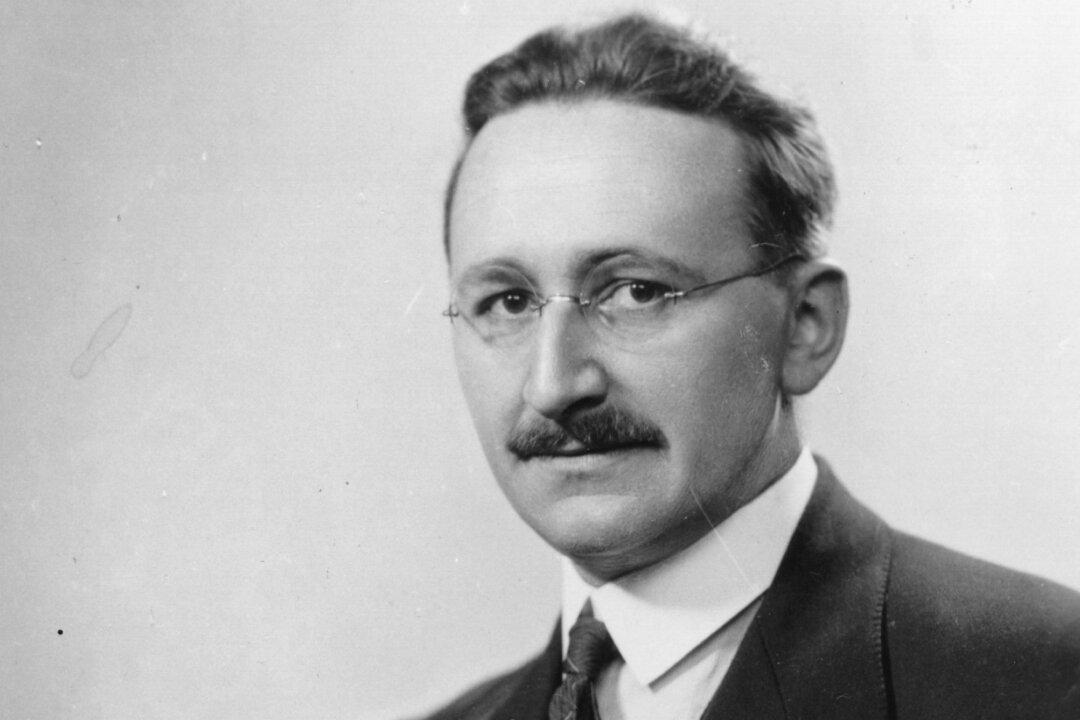Commentary
Fifty years ago, Friedrich Hayek and Karl Gunnar Myrdal won the Nobel prize “for their pioneering work in the theory of money and economic fluctuations and for their penetrating analysis of the interdependence of economic, social and institutional phenomena.” Hayek’s Nobel is notable for several reasons, and each relates to the importance of intellectual humility.





